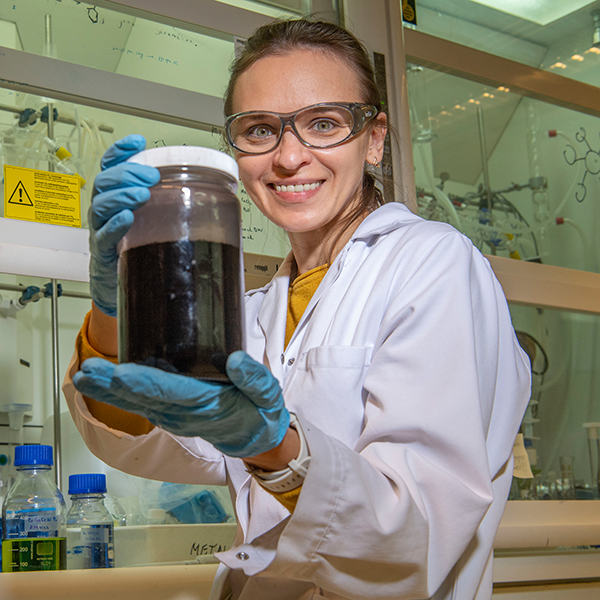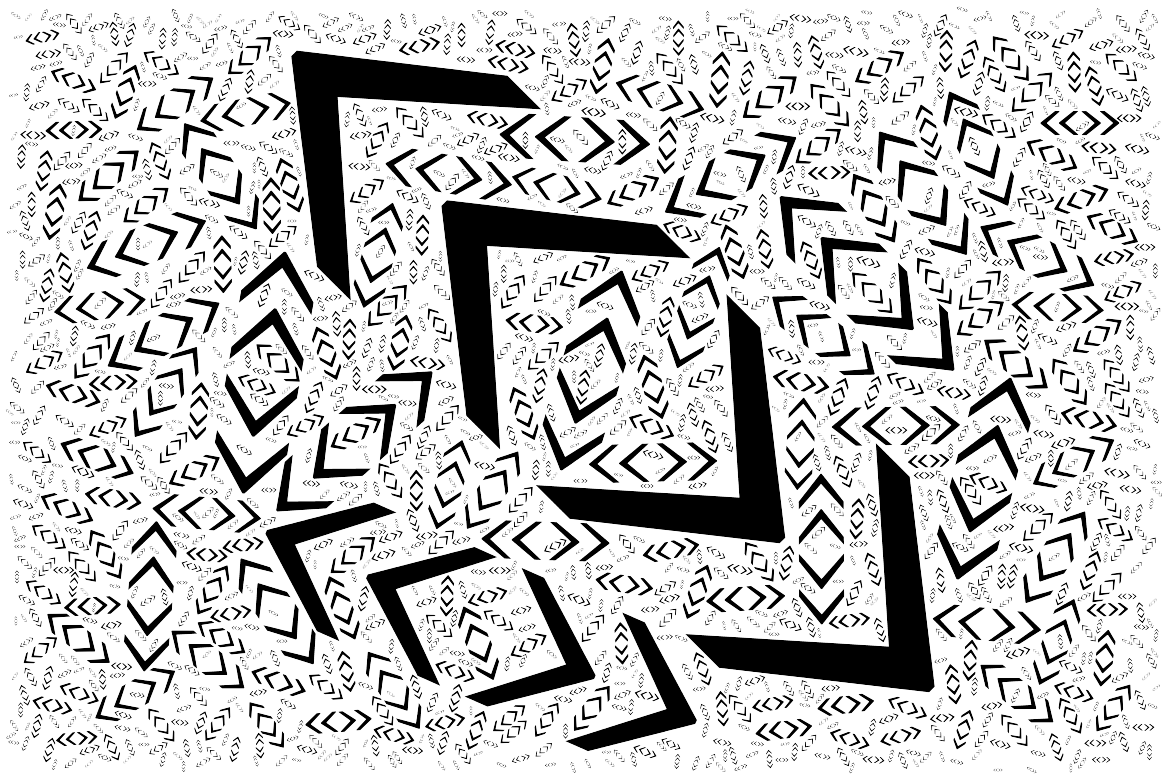Freedom in science
We need to talk about Russia. Are our former research values at an end?
Against the backdrop of war in Ukraine, the weak spots in international research collaborations are becoming painfully obvious.

In Spring 2022, EU research ministers met in Marseille. | Image: Austrian Federal Ministry of Education, Science and Research
The European Unionʼs research ministers signed a joint declaration in Marseille in March 2022 laying out nine fundamental principles that emphasise freedom in scientific research. It confirms “the rights of researchers to share, disseminate and publish openly the results and data of this research, including through training and teaching, and to associate in representative professional or academic organizations without being disadvantaged by the system in which they work or by governmental or institutional censorship and discrimination”.
This Marseille Declaration is a result of many years of debate among EU member states, but given the backdrop of war in Ukraine, it now seems to be decidedly imperfect. For example, Science Business quotes Thomas Jørgensen, a senior policy coordinator at the European University Association (EUA), as follows: “The strong wave of academics asking to shut the door on Russian cooperation signalled a paradigm shift in international science … but the declaration does not address that; it still refers to excellence and values in the same way we did before the war”. Kurt Deketelaere, the Secretary General of the League of European Research Universities (LERU), is furthermore of the opinion that the Marseille Declaration “cannot be taken seriously until the Commission allows Switzerland and the UK to join Horizon Europe as associated countries”.
Jan Palmowski, the Secretary General of the Guild of European Research-Intensive Universities, has expanded on this, explaining that “[t]he political case for not including Switzerland and [the] UK is not nearly as strong as the science case for including them”. He points out that their situation is very different from that of a state that has waged a war on another European country.




